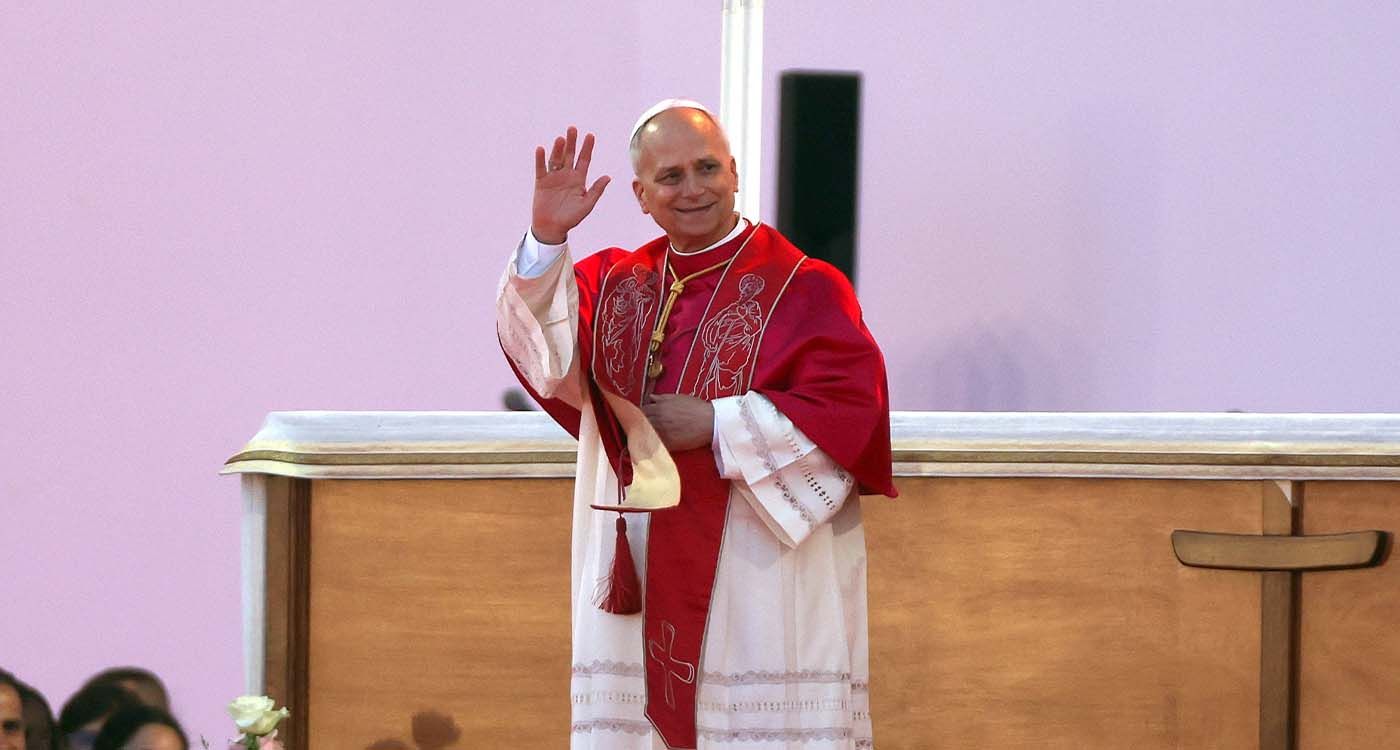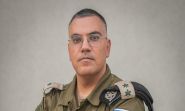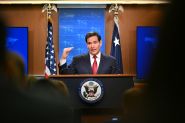
The much-anticipated visit of Pope Leo XIV to Lebanon has reportedly been confirmed by senior church officials, according to the daily Nidaa al-Watan. Although no official announcement has yet been made by the Holy See, preparations—both spiritual and protocolary—are said to already be underway to welcome the head of the Catholic Church.
The newspaper notes that this tour, the first abroad since the election of the Pontiff, is expected to begin in Turkey to mark the 1,700th anniversary of the Ecumenical Council of Nicaea. The ancient city, now partially submerged, has been replaced by İznik as the site of commemoration.
As a reminder, the Ecumenical Council of Nicaea was the first great council in Christian history, convened in 325 AD in the city of Nicaea (today’s İznik, Turkey). Called by Roman Emperor Constantine the Great, who had just legalized Christianity, the council sought to put an end to theological disputes threatening the unity of the Church and the Empire. Today, the Council of Nicaea serves mainly as a symbol: it recalls the unity of the early centuries of Christianity, inspires rapprochement among Churches and offers a framework for reflection on faith and religious coexistence in the 21st century.
Returning to the Pope’s visit, according to Nidaa al-Watan, he is expected to travel to Lebanon after his stay in Turkey, from November 30 to December 2, 2025. Diplomatic sources cited by the daily mention a sensitive issue still being resolved, on which the confirmation of these dates depends.
This issue concerns the canonization, scheduled for October 19 at the Vatican, of Armenian Catholic Archbishop of Mardin, Ignatius Maloyan, who was killed by Ottoman forces in Istanbul on June 11, 1915, during the Armenian genocide. The canonization is reportedly opposed by Turkish authorities, as it clearly highlights, albeit indirectly, the massacres that targeted Armenians at the start of the 20th century.
To justify its opposition, Ankara is said to be invoking an old medical report attributing the prelate’s death to a heart attack rather than to a massacre. The Holy See nonetheless appears determined to maintain its program.
Still, pending confirmation of the dates, Lebanese preparations have already begun at the presidential palace, according to the newspaper. The visit’s program in Beirut would include a meeting with President Joseph Aoun in Baabda, as well as with Parliament Speaker Nabih Berri and Prime Minister Nawaf Salam. He is also expected to meet with Christian and Muslim leaders, and—if the schedule allows—to visit the Saint Charbel shrine in Annaya. As with previous papal visits, a gathering with young people and a large public mass are planned.
According to Vatican sources cited by the daily, this visit would be a clear message of support for national unity and Muslim-Christian coexistence in Lebanon, as well as for the sovereignty of the Lebanese state. It would also take place in a regional context marked by Saudi Arabia’s growing openness, seen as an encouragement to interfaith dialogue of which Lebanon remains a model.



Comments